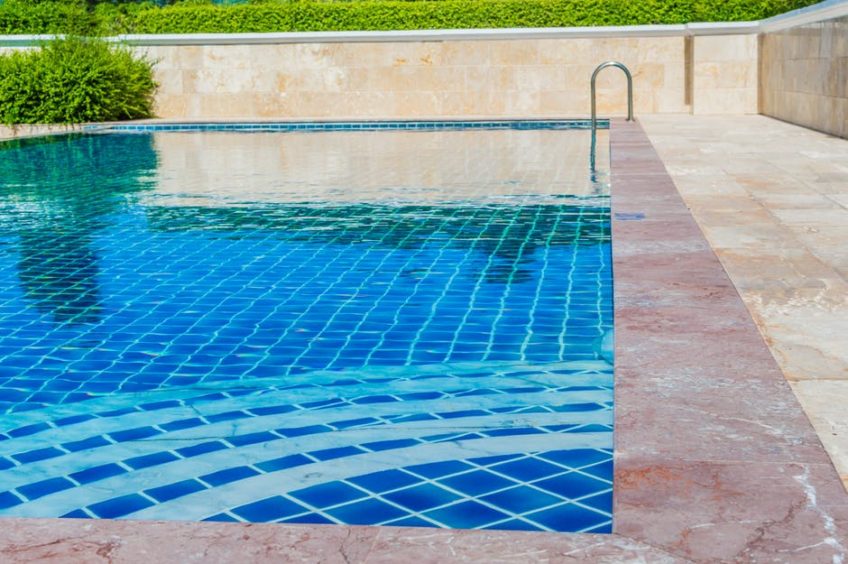
If you have ever wondered what it would be like to dangle your toes over a basin of sparkling water on a hot afternoon in the privacy of your own backyard, you are not alone.
Many homeowners are tantalized by the thought of installing a swimming pool. It promises to add luxury, attractiveness, and fun to your property.
We all know that installing a pool is an investment, and the costs do not end after a pristine blue watering hole is safely ensconced in your yard. But does a pool add value to a home? Let’s take a look.
Look to the Future.
On average, a pool improves your home value 4-6%, and it can be much as 7% in some cases. So, if your home is worth $600,000, installing a pool can push its worth up to $642,000.
Installing a pool can cost anywhere from $30,000 to $60,000, including the pool itself, installation, and maintenance. If you live in a climate where your pool will not be open year-round, keep in mind that pool openings and closings will cost you $150-$300 each. These appointments include filling or draining the water, testing and cleaning the water, and removing or securing the pool cover.
If most of the homes in your neighborhood come equipped with swimming pools, yours may seem like a poor value if you don’t have one.
This is true in upscale neighborhoods where most homes come with their own pools. Community pools are either unavailable or sparsely attended. You will not want your home to pale in comparison to others that up for sale when the time comes to move.
Older pools will be harder to sell than new ones. If you install an in-ground vinyl pool, the liner should be replaced if it is more than ten years old before you put it on the market.
This will cost around $3,000-$4,000 for in-ground pools, and around $500 for an above-ground pool. It involves draining the pool, replacing the edging, and installing the liner.
Think About Your Lifestyle
If your children or grandchildren are younger, you may want to invest in a safety fence around your pool, which costs around $1,000. This keeps kids from running into the pool unsupervised. They are required in some states.
Other investments you might want to consider are lighting, landscaping, waterfalls, or a spa.
It is important to consider the function of your pool when you are designing it. You may want to swim laps for athletics and leisure, or you may be hoping to throw elegant parties. Be sure to spend money on the things that will bring the most use and delight to yourself and your guests.
You may, however, want to consider increasing your liability, as accidents are more likely with a pool on your premises. It costs $30 a year to bump your liability coverage up from $100 to $500.
You will want to budget about $600 annually for pool maintenance. While some folks hire someone to open and close their pools, you have the option of maintaining it yourself. This will require the purchase of tools like chlorine, sod ash, a pool skimmer, a vacuum, and filters.
Purchasing a robotic vacuum for $500 to $800 will save you money on hiring a crew regularly. You will need to keep the pool balanced at certain PH, alkalinity, and calcium levels.
Some pools use chemicals such as salt, ionizers, or ozone to clean the pool instead of the chlorine. These are more pleasant to swim in, and less irritating to hair and skin. While these chemicals may cost more up front, you will have to replace them less often, so the cost evens out.
If your pool is heated, you will also need to consider these energy costs. Gas heaters cost the least amount of money to install, but it will cost you more to operate and maintain them.
Electric heat pumps work by extracting heat from the air and transferring it to the water. They will take longer to warm up the pool than gas heat, but could end up saving you $200-$400 per swimming season because they operate more efficiently.
Another way to save on heating costs is to cover your pool with a solar blanket. This reduces evaporation and helps you save on energy costs.




